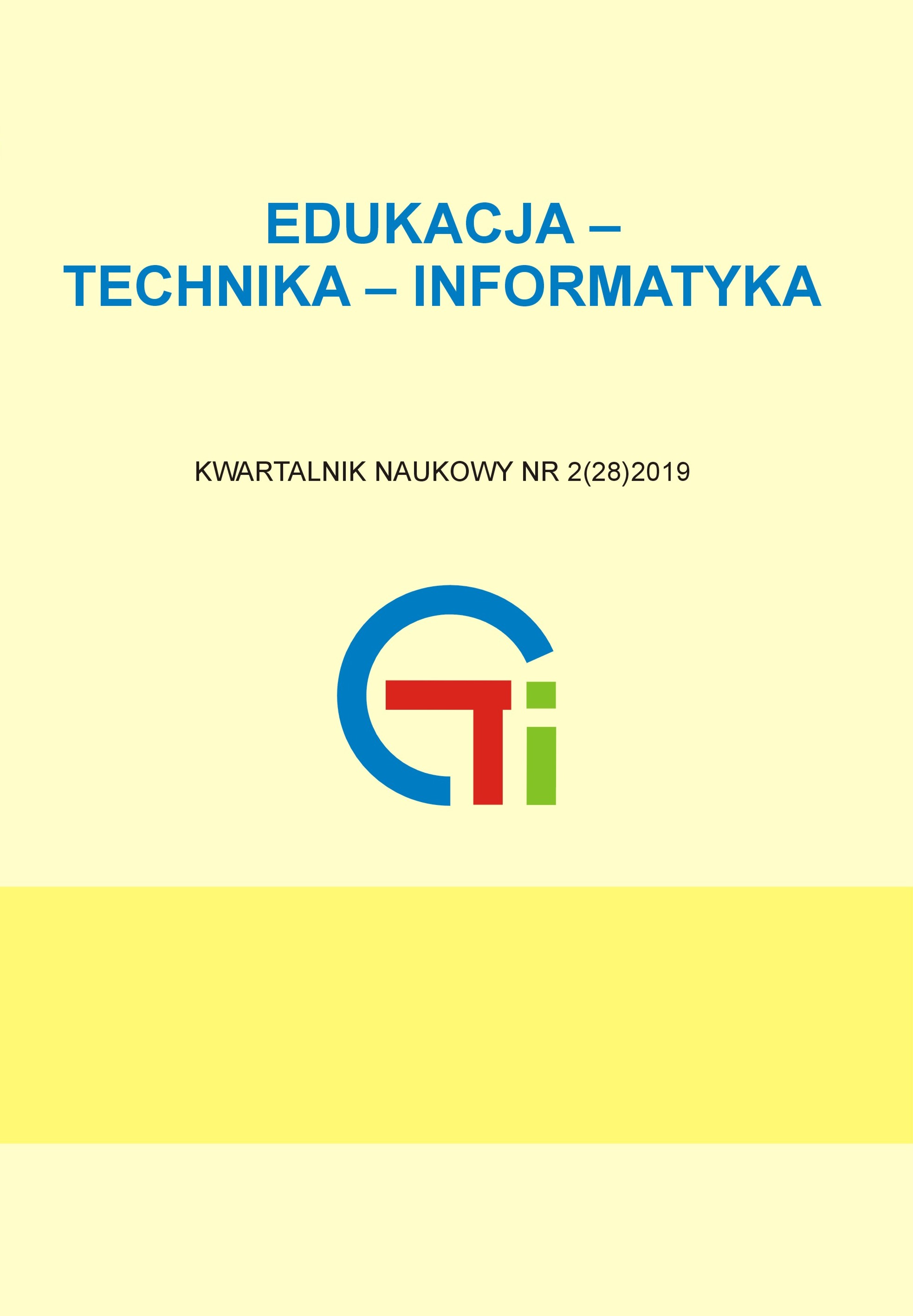Motivation for Learning English as a Second Language in Higher School: Comparative Analysis in Diachronic Aspect
DOI:
https://doi.org/10.15584/eti.2019.2.24Słowa kluczowe:
motivation, motivation for learning English as a second language, intrinsic motivation for learning English, extrinsic motivation for learning English, motives, students of higher educational institution, higher educational institution higher educationAbstrakt
The authors present the results of research carried out in 2017/2018 academic year and compare them with the results obtained in 1999/2000 academic year. The aim of the study was to find out the changes in students’ motivation for learning English as a second language in general and changes in hierarchy of motives which have a strong positive effect on learning English as a second language from diachronic point of view. The methods of mathematical statistics and computer data processing as well as discursive reflection for making conclusions were used in the research. 97 Law, Economics and Agro-ecology students of National University of Life and Environmental Sciences of Ukraine completed a questionnaire for collecting data and evaluating motives. The results of the research have shed light on motives and motivation of present-day Law, Economics and Agro- -ecology students who learn English as a second language at higher educational institution.Pobrania
Opublikowane
2019-06-30
Jak cytować
Malykhin, O., & Aristova, N. (2019). Motivation for Learning English as a Second Language in Higher School: Comparative Analysis in Diachronic Aspect. Journal of Education, Technology and Computer Science, 28(2), 170–175. https://doi.org/10.15584/eti.2019.2.24
Numer
Dział
WYBRANE PROBLEMY LIFELONG LEARNING
Licencja
Prawa autorskie (c) 2019 Journal of Education, Technology and Computer Science

Utwór dostępny jest na licencji Creative Commons Uznanie autorstwa – Na tych samych warunkach 4.0 Miedzynarodowe.

